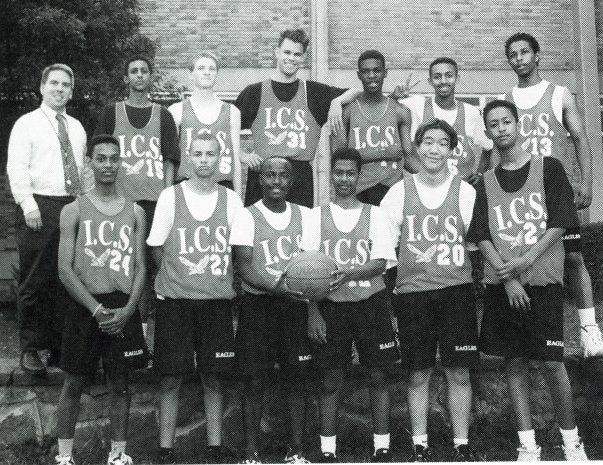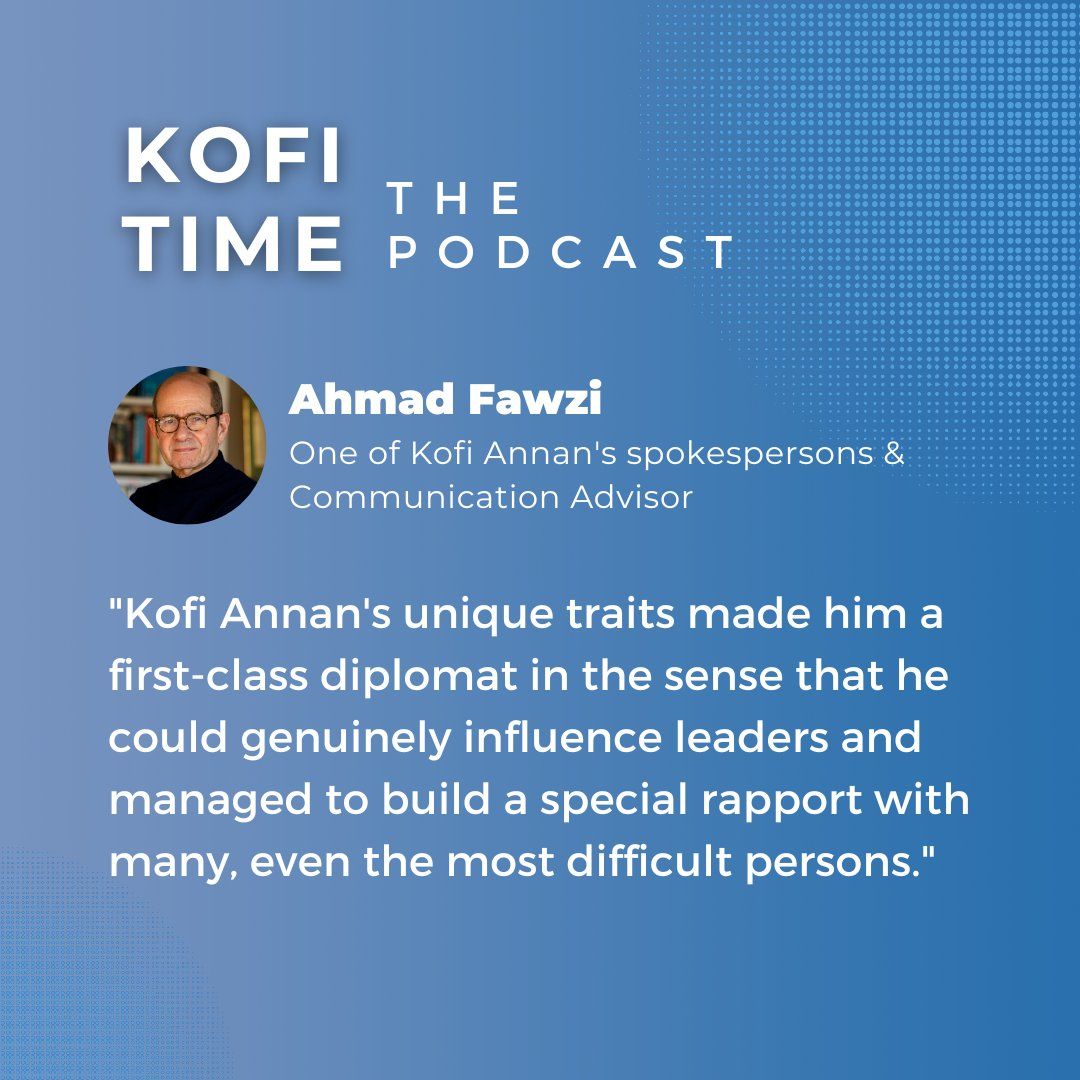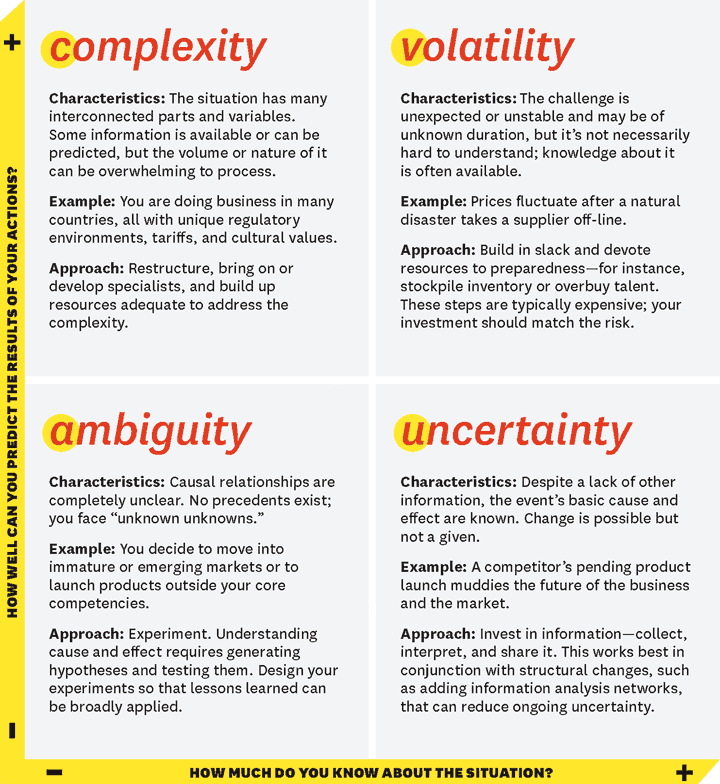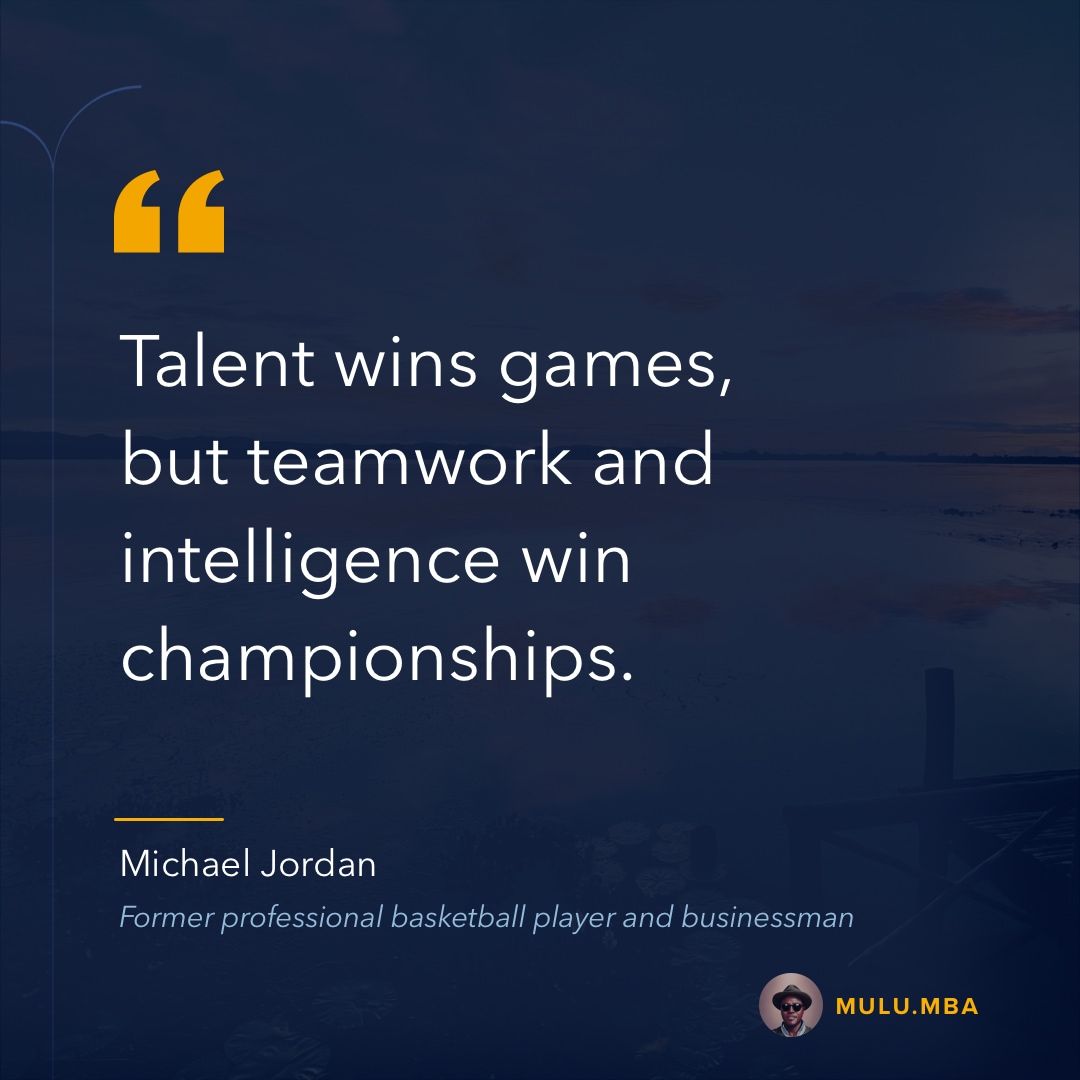As a curious African, I've been fortunate to live, learn, and work in some of the most vibrant and diverse cities around the world, from Lusaka and New York City to Addis Ababa and Johannesburg.
This rich tapestry of experiences has also shaped my perspective on leadership and success spanning multiple continents, organizations of varying sizes, and team dynamics with hyperlocal to global impacts. These experiences have provided me with invaluable insights into the importance of leadership values in teams whether they be in sports or professional settings.
In this article, I will share ten essential leadership values that have guided my journey by illustrating how they can be applied to foster collaborative and supportive work environments while nurturing successful careers.
Playgrounds and offices
I developed my love for team sports during my childhood in the ZSIC flats on Kudu Road in Kabulonga, Lusaka where during school holidays, several kids would gather to play chidunune (hide and seek), rounders, touch/tag, sojo, as well as football among the numerous creative team games we came up with. It was in New York City, however, where I first discovered my passion for basketball, began analyzing the game, learned that winning and success depended on many factors beyond raw talent, and the importance of creating a culture of learning within a team. In this bustling metropolis, I had to quickly learn the ropes and embrace the challenges and opportunities that came with playing streetball.
During this formative period, Manhattan's public parks, gym class at school, and the YMCA became some of my vaunted classrooms for learning team dynamics and principles. On Saturday mornings, I would visit one or more of the NYC Public Libraries around mid-Manhattan to move school projects and explore all the amazing mediums through which knowledge was captured—from microfiche to books and any other medium I could get my hands on—libraries always felt like home. After a few hours in the library, I'd head to the courts to hone my skills against various levels of competition playing pickup games with different teams. It was this relentless practice and determination that set the foundation for my eventual growth from an air-balling novice to a successful contributor on winning teams.

It was also during this time that I was introduced to the world of computing. I would spend hours after school in the computer lab, eventually convincing my parents to invest in an IBM 8086 which I found while browsing the classifieds section of Computer Shopper magazine. The machine opened up a whole new world for me, sparking a lifelong passion for technology and connecting with people in different parts of the world. As I immersed myself in online communities and bulletin board systems (BBSs) in the days of dial-up modems, the precursor to the internet, and the world wide web as we know it today, I began to see parallels between the principles of teamwork in sports and the collaborative nature of these digital spaces.
The foundational lessons from my family, friends, sports teams, and online communities would later serve as the bedrock for my professional career. I learned the importance of playing different roles on teams and of reaching out to connect with people and teams beyond my immediate circle. That, coupled with curiosity and determination to transition from novice to respectable and significant contributor to a team's success, would ultimately shape my interest in Systems Analysis and Design and chart my career path.

Building bridges
In my professional journey, I have been fortunate to encounter and work with exceptional leaders who taught me that diversity of thought, perspectives, and skills are quintessential qualities for teams to deliver at the highest level when stakes are high. The leaders who inspired achievement and growth took on the role of coaching their teams by instilling clarity in their communication, being present, and quickly adaptable in any given theatre. Success for most of them also meant leading with empathy and building bridges within and across multiple teams.
My interest in international development took me from delivering a speech in the General Assembly Hall during the commemoration of the International Day of the African Child in the mid-nineties to engaging in "my dream for Africa" conversations with friends at my high school in Addis Ababa. These experiences solidified my aspiration to work for the United Nations. This came to fruition when I moved to Monrovia, Liberia, as a United Nations Volunteer in the United Nations Mission in Liberia (UNMIL). At the age of 23, I took on the role of a Webmaster, applying the skills I had honed during my time working for a five-person tech startup building solutions for corporate and small business clients from my school's Research and Technology Park, bwtech@UMBC.
Secretary-General Kofi Annan had such an intellectual gravitas. I had the honor of meeting him in person while assigned to his traveling team and tasked with preparing his daily briefings. At the time, Mr. Annan was in Monrovia on a two-day visit following the election of Ellen Johnson-Sirleaf as Liberia's first female President following a decades-long civil war. It took several teams (civilian, police, military, and other stakeholders) working together in a concerted effort to move the country from a post-conflict zone to re-establishing the rule of law and holding free and fair elections. Although I had tracked Mr. Annan's career and been inspired by it as a young African professional, working closely with his detail exposed me to the leadership values he and his team exemplified including empathy, presence, adaptability, and a focus on quality as highlighted in this episode of Kofi Time, a podcast collection of stories and memories of Kofi Annan.
Achieving greatness in teams requires embracing these values and putting them into practice and I have been fortunate to work with inspiring leaders who demonstrated these values and assembled high-performance teams to deliver exceptional results.
Essential team values
Drawing from my experiences across continents, cultures, and industries, I have distilled these ten essential leadership values that helped guide me in my journey toward personal and professional success:
- Empathy: Show genuine concern and understanding for your team members, recognizing their unique needs and perspectives.
- Adaptability: Be open to change and willing to modify your approach as circumstances evolve.
- Clarity: Communicate your expectations and goals clearly to ensure everyone is on the same page.
- Presence: Be fully engaged and attentive, demonstrating your commitment to your team and the task at hand.
- Collaboration: Foster an environment where everyone's contributions are valued and encouraged.
- Diversity: Embrace the richness of diverse perspectives, skills, and backgrounds to strengthen your team.
- Continuous Learning: Cultivate curiosity and a growth mindset, both in yourself and your team members.
- Accountability: Hold yourself and your team members responsible for their actions and performance.
- Perseverance: Maintain your determination and resilience in the face of challenges and setbacks.
- Humility: Recognize your limitations and be willing to learn from others, regardless of their position or background.
These are just a few of the valuable lessons I have drawn from participating in team sports and found applicable to success in the professional world. Embracing these skills can lead to personal growth, career advancement, and a more supportive and innovative work environment.
VUCA world
As the world becomes more volatile, uncertain, complex, and ambiguous (VUCA), and as we move towards a multipolar world, it is critical for organizations to prepare their staff and teams to operate within this new paradigm and equip them with the tools to overcome the challenges that lie ahead.

Books
No. 14 of 2023: My read for the week has been Team of Teams by General Stanley McChrystal. I picked up on the basis of a conversation I had during a recent strategy retreat and a discussion we had about breaking silos in organizations. I dove into it at the beginning of the week, after Capitalism, Socialism, and Democracy by Joseph A. Schumpeter, to draw on General McChrystal's insights on the principles and values required to build effective teams in today’s fast-paced VUCA world. To say the book is a rabbit hole of insights into team dynamics, performance, and lack thereof, among others would be an understatement. I will have more insights to share from it in future posts.
Mission Economy: A Moonshot Guide to Changing Capitalism by Mariana Mazzucato. I read Mission Economy in 2021 while the world was still in t he throngs of the Covid-19 pandemic. Prof. Mazzucato advocates for the need to strengthen the public sector's capacity to drive economic growth through missions of Apollo Mission scale and ambition to tackle some of the world's foremost challenges such as climate change, curing cancer, and eliminating the digital divide. The book was a timely release given the difficulties many public sector players had with coping with the pandemic and the multitude of crises teams faced through it.
Looking forward to hearing from you on how you’ve navigated your time on teams and what made some of the best teams you worked on special. How did you deal with disappointment or poor performance? What are some of your essential team values and how have you positioned your team(s) to operate effectively in this fast-paced changing world? As you navigate your own path toward success, I encourage you to reflect on these leadership values and consider how they can be applied in your personal and professional life. By embracing these principles, you can create an environment that fosters adaptability, collaboration, and growth, ultimately leading to greater success for yourself and those around you.
